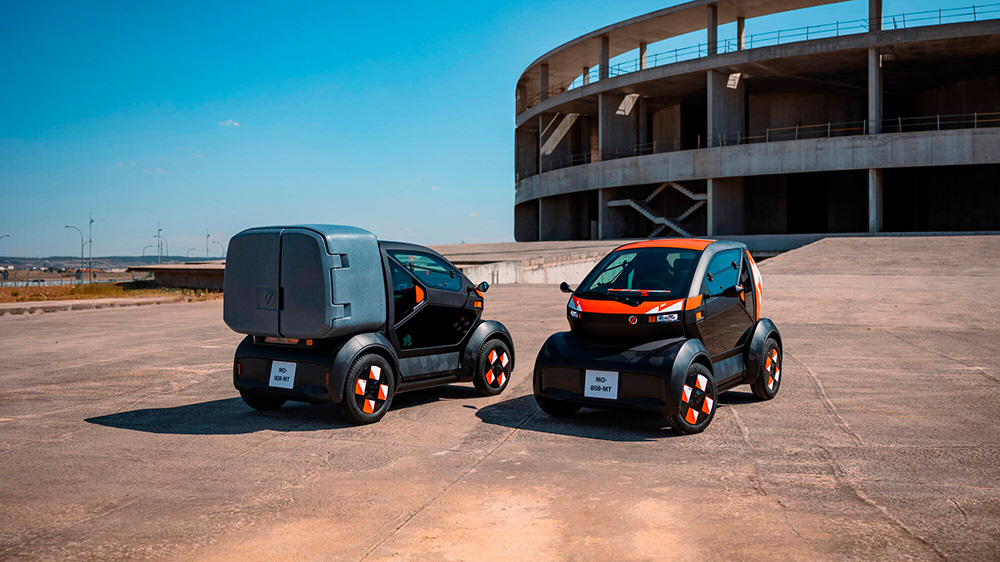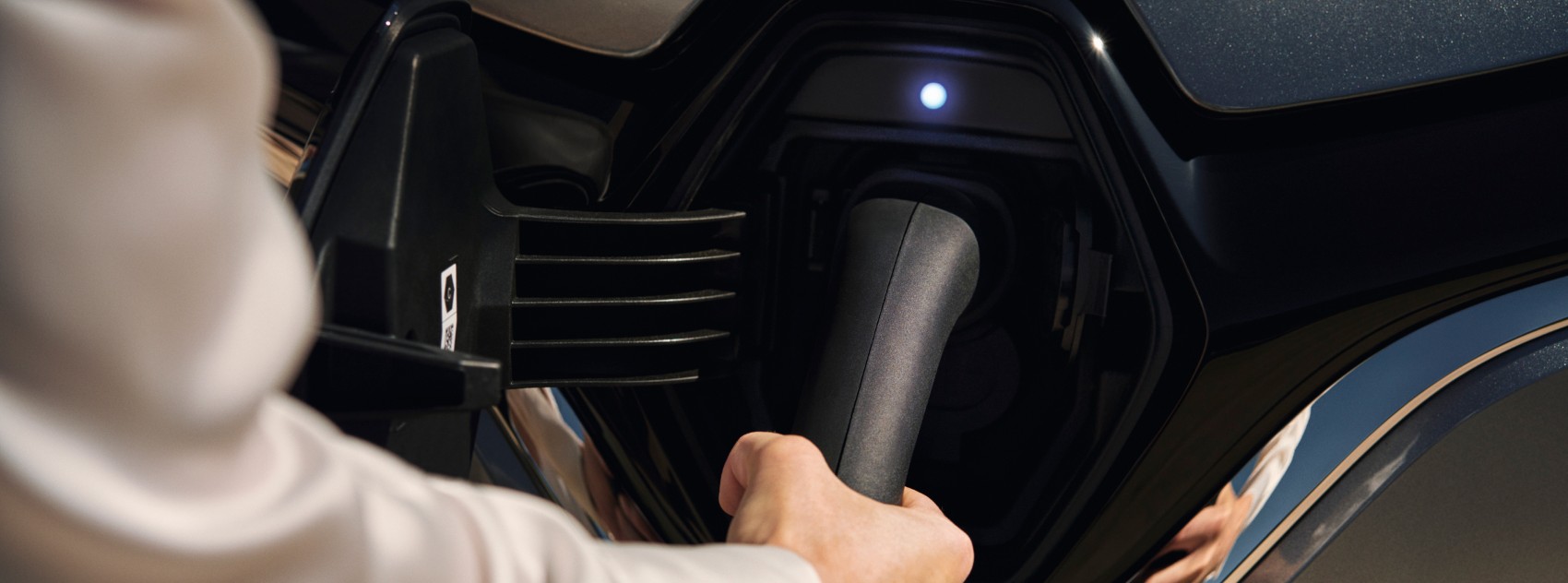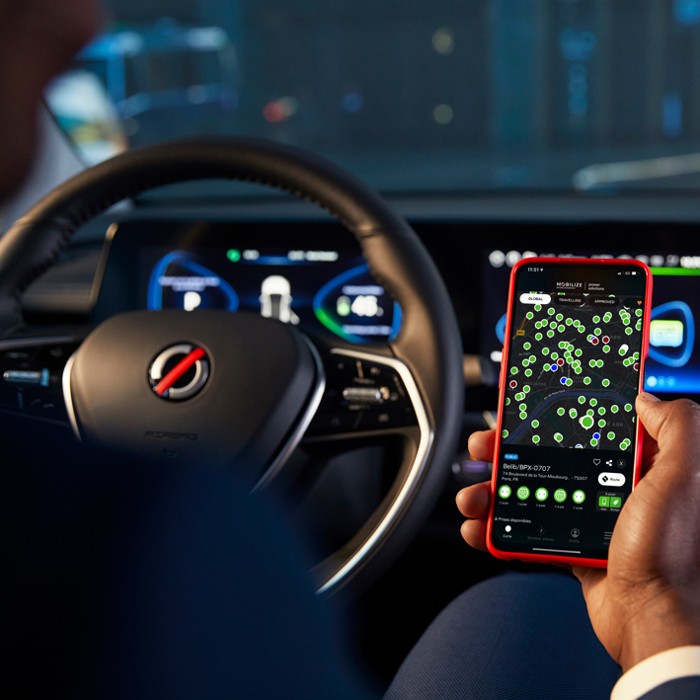★ ☆ ☆
electric motors: an economical and eco-friendly option
Impressive claims have been made about electric cars, but have they been proven on the road? In other words, what is the difference in cost per kilometer travelled between an electric and combustion engine car? It’s a valid question, but there are several answers.
First thing first, the vehicle’s carbon footprint. It’s difficult to compare internal combustion and electric vehicles without performing a comprehensive life cycle analysis, or knowing which source of electricity is being used. However, a study conducted by the European Federation for Transport and Environment (T&E) shows that, in all cases, electric vehicles come out on top, emitting three times less CO2 on average than their gasoline equivalents. In France, where energy is mainly produced from nuclear power, an electric car emits 77% less CO2. The percentage is 63% across all European Union countries, a pretty conclusive figure.
While emitting less CO2 is a positive step, it doesn’t mean that driving is less expensive. Once again, it’s difficult to generalize, as there are many important factors to consider, from the range of the vehicle to the distances driven and the length of use. Taking into account the energy cost per kilometer only, driving a car with an average-sized combustion engine costs about 8 euros per 100 km, whereas the price of the same trip in an electric car is no more than 3 euros. There’s simply no competition. Electric car 1, internal combustion car 0. This is one of the reasons why all the vehicles in the Mobilize range are 100% electric.
★ ★ ☆
eco-driving, reducing energy consumption behind the wheel
Regardless of the source of energy used, eco-driving is an active way of reducing your costs, increasing vehicle autonomy and reducing environmental impact. By adopting electric eco-driving habits, you can save precious kilowatts and, as a result, recharge your batteries less often.
The best rules to follow behind the wheel are the same as those for combustion engine vehicles: avoid sudden, energy-intensive bursts of acceleration and sharp braking, ensure your tires are properly inflated, and maintain a steady speed on the road as much as possible. These are all good practices to help save energy and drive safely. What’s more, driving at high speeds, i.e. above 100 km/h, tends to reduce electric vehicle autonomy. So, the key is to ease off the gas.
Electric vehicles have specifically-designed smart systems that help minimize consumption, such as preheating the interior of the vehicle when it’s connected to the charging station, which reduces energy consumption while driving. Another example is the “eco” driving mode available in most vehicles, including those produced by Renault Group, which optimizes engine performance in real time and can increase the vehicle’s range by up to 10%. When combined with eco-driving habits, these features can save a considerable amount of energy.
On a more technical note, regenerative braking is a mechanism which recovers the kinetic energy produced when a vehicle is braking or slowing down. In practical terms, the electric motor acts as a dynamo, generating an electric current that recharges the battery. This provides power to the vehicle and thus additional energy, which means more kilometers on the road and substantial savings after each journey. Combustion engine vehicles cannot really compete in this field.
★ ★ ★
the cost to charge an electric car: a significant advantage
Drivers often forget that saving energy while at the wheel is not just about the vehicle itself. Battery charging systems also have a major impact.
By opting for a private home charging system to recharge your batteries, whether installed at home or at work, you have more control over the charging time and, in particular, can choose the best time to hook up your car. Connected services like Mobilize Smart Charge automatically select the right time to charge your car when electricity is at its cheapest. So all you have to do is get behind the wheel and go.
When out on the road, the Mobilize Charge Pass service, via the MY Renault app, will give you the locations of charging stations, making up the largest network in Europe. In this way, you can determine charging costs in advance and plan your journey according to your budget.
It really is quite easy to save money when driving an electric car. However, it involves adopting various practices that, when combined, will increase your vehicle’s autonomy. All Mobilize services are designed to facilitate this eco-mobility approach, which ultimately promotes less energy-intensive travel for greater peace of mind.






